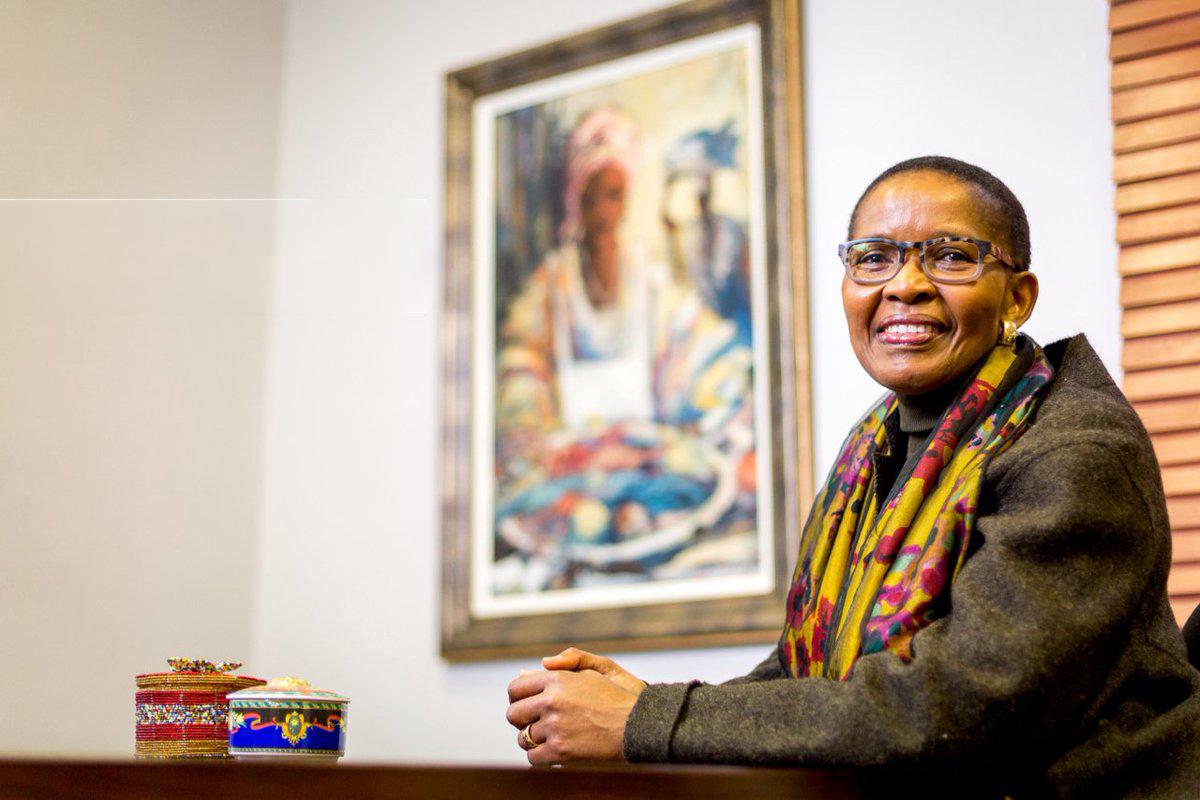Forgiveness is the Wrong Word

Forgiveness is the Wrong Word: Trauma Testimonies as Public Narrative and Reparative Action
Professor Pumla Gobodo-Madikizela, Stellenbosch University
Truth commissions provide an environment that allows victims to break their silence, transforming the wordless speech of trauma into publicly communicated speech acts.
Drawing insights from primary research and from the Truth and Reconciliation Commission (TRC) of South Africa, this talk explores the narrative framework of trauma testimonies and illustrates the complexity of the dialogic encounters between victims and perpetrators on and off the public stage of the TRC.
Pumla Gobodo-Madikizela argues that forgiveness is the “wrong word” to describe the goal of these encounters, and that “reparative humanism” is a concept that best captures the transformative moments that unfold when victims encounter perpetrators.
WHERE: UNSW ART & DESIGN, EG02 LECTURE THEATRE
ADDRESS: CNR OF OXFORD ST & GREENS RD, PADDINGTON NSW 2021
This event is organised by the Australian Human Rights Institute and the National Institute for Experimental Arts, hosted at UNSW Art & Design.

Professor Pumla Gobodo-Madikizela
Stellenbosch UniversityPumla Gobodo-Madikizela is Professor and Research Chair in Historical Trauma and Transformation at Stellenbosch University. Her interests focus mainly on two strands of research. The first is exploring ways in which the impact of the dehumanising experiences of oppression and violent abuse continues to play out in the next generation in the aftermath of historical trauma.
For her second research area, she expands her earlier work on remorse and forgiveness and probes the role of empathy more deeply by engaging a perspective that makes transparent the interconnected relationship among empathy, Ubuntu and the embodied African phenomenon of inimba—a Xhosa word that loosely translated means “umbilical cord”—and integrating these with the relational and psychoanalytic concept of intersubjectivity. The goal is to find a richer, deeper and more complex understanding of empathy that takes into account an African knowledge archive.
Her critically acclaimed book, A Human Being Died that Night: A South African Story of Forgiveness won the Christopher Award in the United States in 2003, and the Alan Paton Award in South Africa in 2004. The book has been published seven times, including translations in Dutch, German, Italian and Korean.
Her other books include Narrating our Healing: Perspectives on Healing Trauma, as co-author, Memory, Narrative and Forgiveness: Perspectives on the Unfinished Journeys of the Past, as co-editor, Breaking Intergenerational Cycles of Repetition: A Global Dialogue on Historical Trauma and Memory, as editor.



